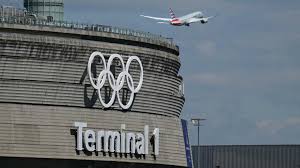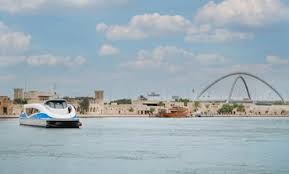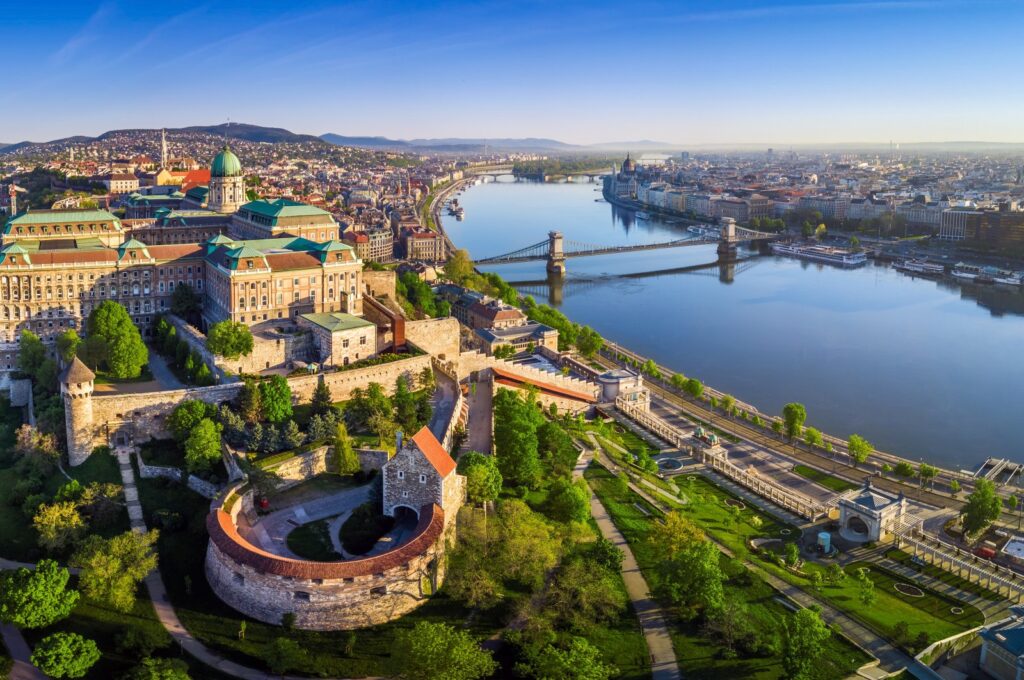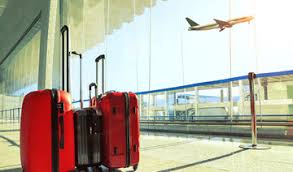
Lindsey Galloway
After 20 months of Covid-19 restrictions, one of the longest stretches in Europe, Ireland recently lifted its 20:00 curfew on restaurants, bars, and indoor events and removed limits on the number of people gathered. As a result, residents are heralding the return of the craic, the atmosphere of fun and conversation that permeates the Irish social scene.
“Spring is in the air, figuratively and literally,” said Dublin resident Ray Commins, founder of walking tour company Generation Tours. “There’s a real sense of optimism as we emerge from a winter (two in fact) of discontent. I don’t think there’s been a spring or summer we’ve looked forward to more in my time.”
Nowhere is that more evident than in the classic Irish pubs, where socialising and singing have finally returned – a culture no longer taken for granted by the locals.
“We missed it dearly as a society here, and having it back is an incredible boost to morale,” said Commins.

The Irish government has removed most Covid restrictions, including a curfew on bars and restaurants (Credit: Edwin Remsberg/Getty Images)
Dublin, Ireland’s capital, is rapidly preparing for its first “proper” St Patrick’s Festival since 2019, a four-day celebration from 16 to 20 March, featuring music, the iconic parade, theatre and a food and craft village. Though the capital hosts the largest celebration, many Irish cities, including Cork, Galway and Kilkenny, each host their own parade in honour of the country’s patron saint.
The hospitality industry in Ireland expects international travellers to return in droves this summer, so spring and autumn may be the best time to beat the global crowds. Among locals, the vaccination programme has been one of the most successful across Europe, with more than 95% of adults vaccinated and 72% receiving a booster, according to the ECDC.
Travel with no trace
The country has seen a number of new hotel openings and re-openings, all of which have taken sustainability seriously. In County Tipperary, 200km south-west of Dublin, the five-star Cashel Palace Hotel is set to open in March 2022. The hotel composts all its food waste to later be used in its on-site gardens, and sources as much food as possible from producers all within the county’s borders, many of which are part of the national food sustainability program Origin Green.
The Wren Urban Nest in Dublin opened in September and aims to be one of Ireland’s most sustainable hotels, eschewing the use of any fossil fuels. “They use 100% renewable energy, avoid single-use plastics and source locally as much as possible,” said Kate McCabe, co-founder of eco travel company Bog & Thunder. “It’s really easy to see their commitment.”
Even historical sites like 18th-Century Ballynahinch Castle in Co Galway has embraced its connection and responsibility to the land. The estate has worked to remove invasive plant species and developed a biodiversity plan for the grounds that helps protect the salmon that run within the neighbouring Owenmore River.

Locals and tourists are looking forward to the St Patrick’s Festival in March (Credit: Nurphoto/Getty Images)
McCabe has also been excited to see a renewed commitment to local eating here. “Ireland has really embraced the farm-to-table ethos,” she said. “It’s quite common for restaurants to list their sources on their menus – a locavore’s paradise!”
Ireland has really embraced the farm-to-table ethos
Some of her favourite spots include Kildair-based Aimsir, which serves only food grown, harvested, fished or foraged within the Emerald Isle’s borders; and the Wicklow Escape, a small inn 50km south of Dublin that pairs its garden lodgings with local specialties like wild boar and venison pie and Atlantic cod and scallops.
To further connect visitors with the land, McCabe often takes visitors to Cnoc Suain, a hillside settlement on the west coast within a Special Area of Conservation in the Connemara region. The founders offer events and education in the cultural heritage of the region as well as its unique bogland ecology.
Know before you go
Ireland requires either proof of vaccination or proof of recovery from a Covid-19 infection within the past six months. As of 1 February, travellers must also have a booster dose if it has been more than 270 days since the final dose in the initial vaccine series.
International travellers are expected to return in droves this summer (Credit: Claudio Fornaciari/Getty Images)
Passengers without proof must submit a negative PCR test taken within 72 hours of arrival. For EU residents, Ireland participates in the EU Digital Covid Certificate Program, which provides digital documentation on vaccination status and makes it easier to travel between EU member countries. Travellers must also fill out a Passenger Locator Form before arrival.
Face covering requirements were fully lifted across Ireland in February, with the exception of health-care environments. Many local public health experts within the country still recommend the wearing of masks, but their use is voluntary. Visit the Citizens Information Board Covid page for the most updated information and requirements.
Courtesy: BBC
The post Why the craic’s coming back to Ireland appeared first on The Frontier Post.








